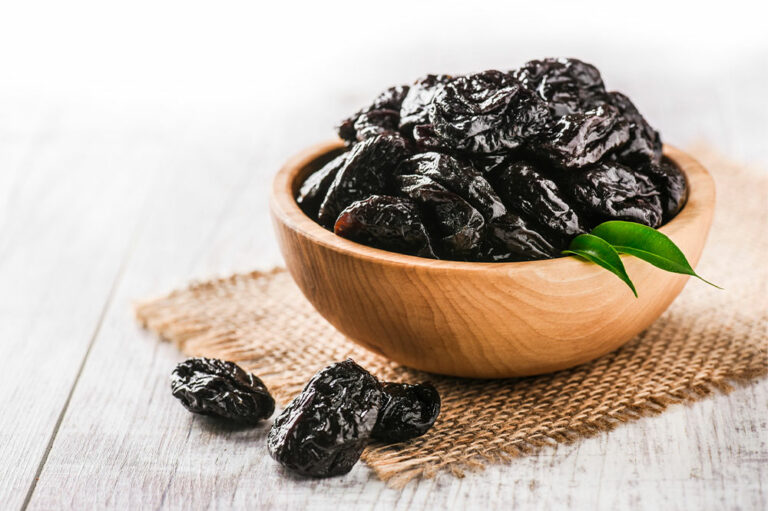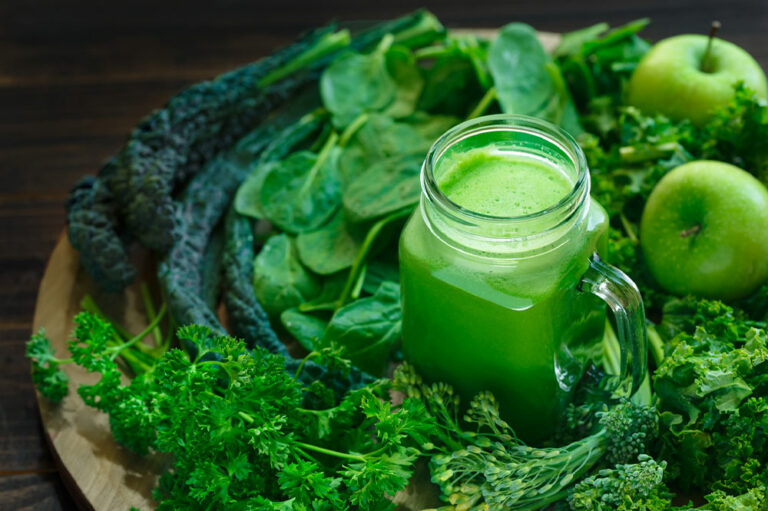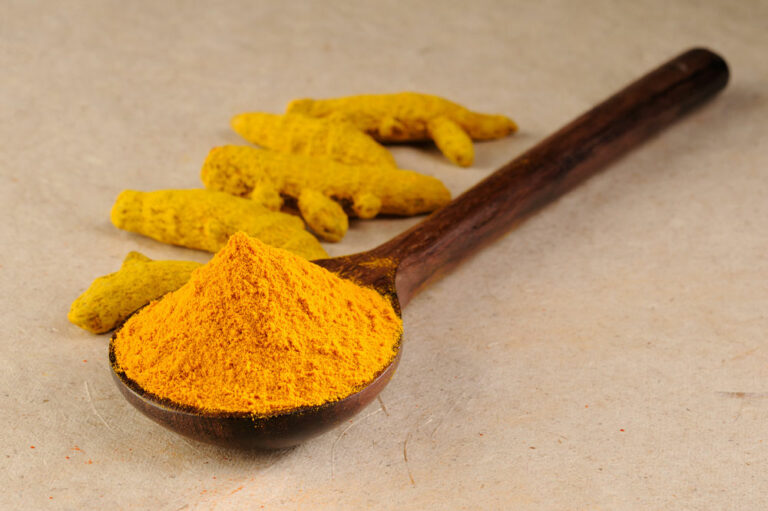
Health
9 Cities That Are Unsafe for Asthma Patients
Asthma is a respiratory condition wherein the airways yield extra mucus and tend to swell and narrow. Consequently, a person experiences breathing difficulties, wheezing, coughing, and breathlessness. More than 25 million people in the country live with asthma, and certain geographical factors, besides other triggering aspects, contribute to the condition. Read further to learn about asthma, its causes and warning signs, and cities with the highest number of asthma emergencies. What is uncontrolled asthma? Usually, people with asthma find it easy to control their symptoms. But when these signs go unchecked and start affecting one’s quality of life, it might signify uncontrolled asthma. The condition necessitates prompt treatment. However, if left untreated, it can permanently damage one’s lungs. Some warning signs of uncontrolled asthma are listed below. Symptoms appearing more than twice a week Studies suggest that your asthma is in check if the symptoms show twice a week or less. But a person is said to be dealing with uncontrolled asthma if they experience wheezing or any other sign of this health condition more than twice a week. Coughing at night While sleeping, airways usually become a little restricted, but asthma patients endure this feeling throughout the day, and the issue worsens at night.
Read More 









